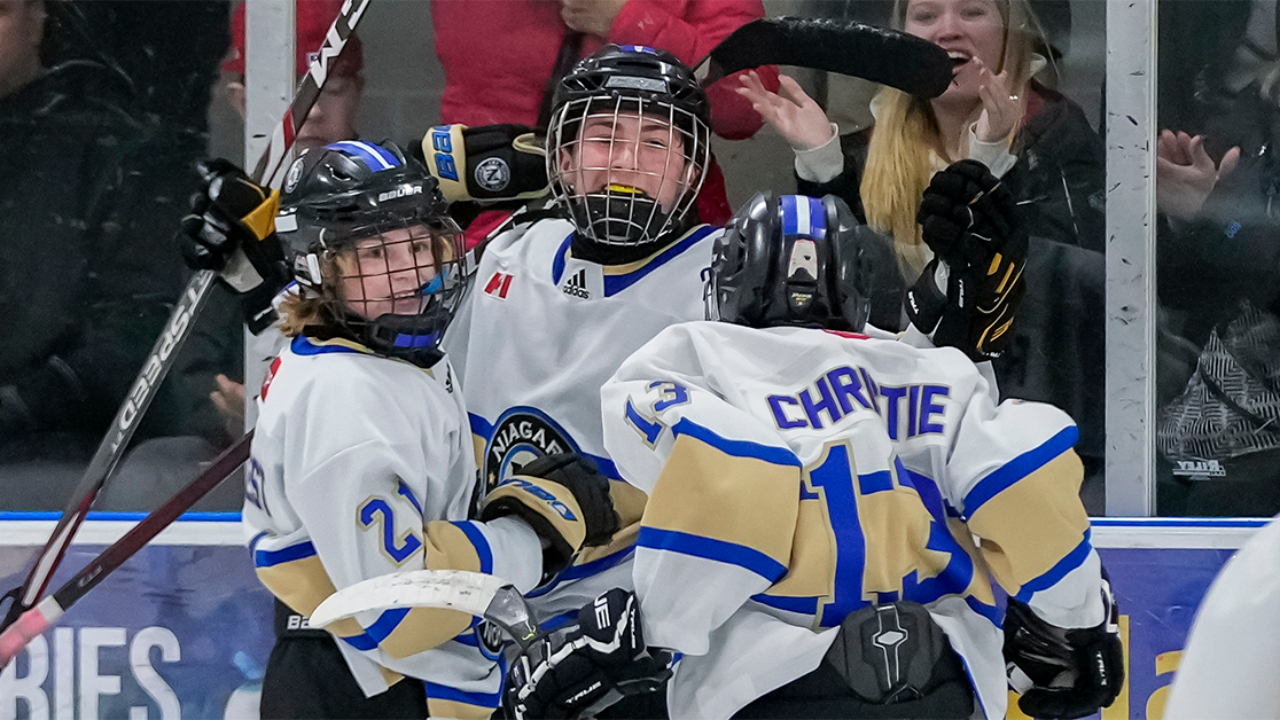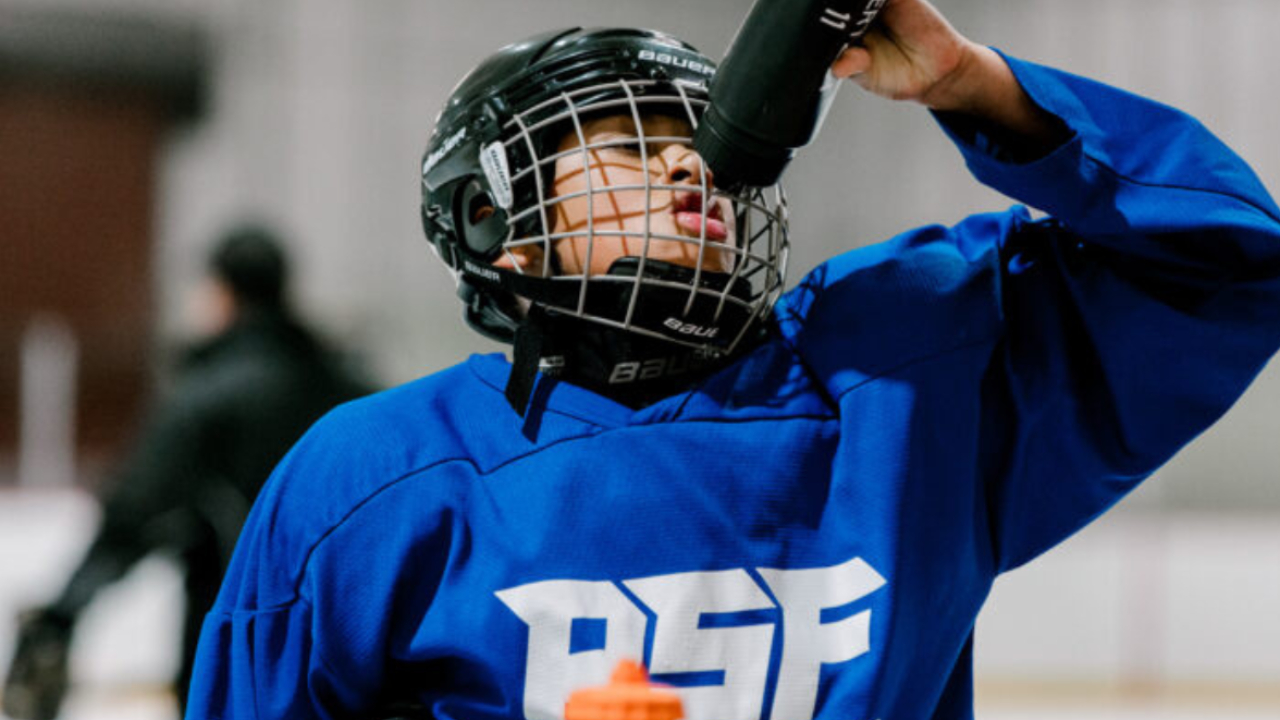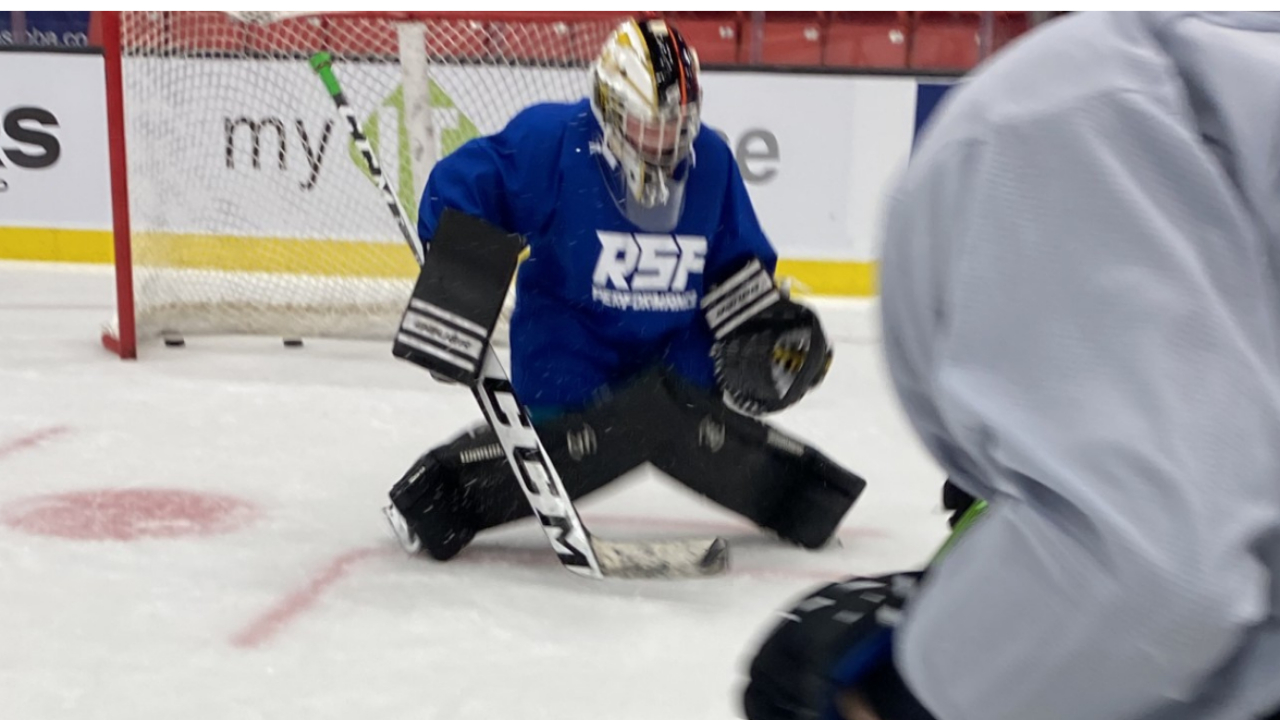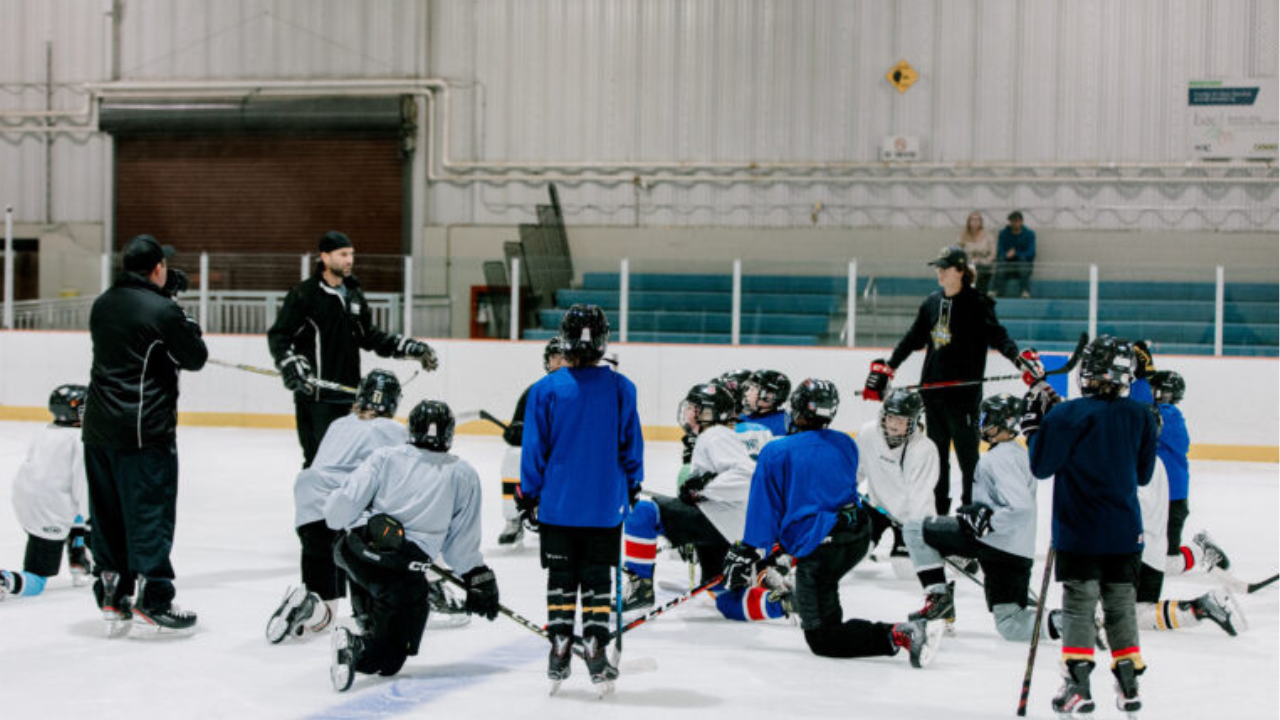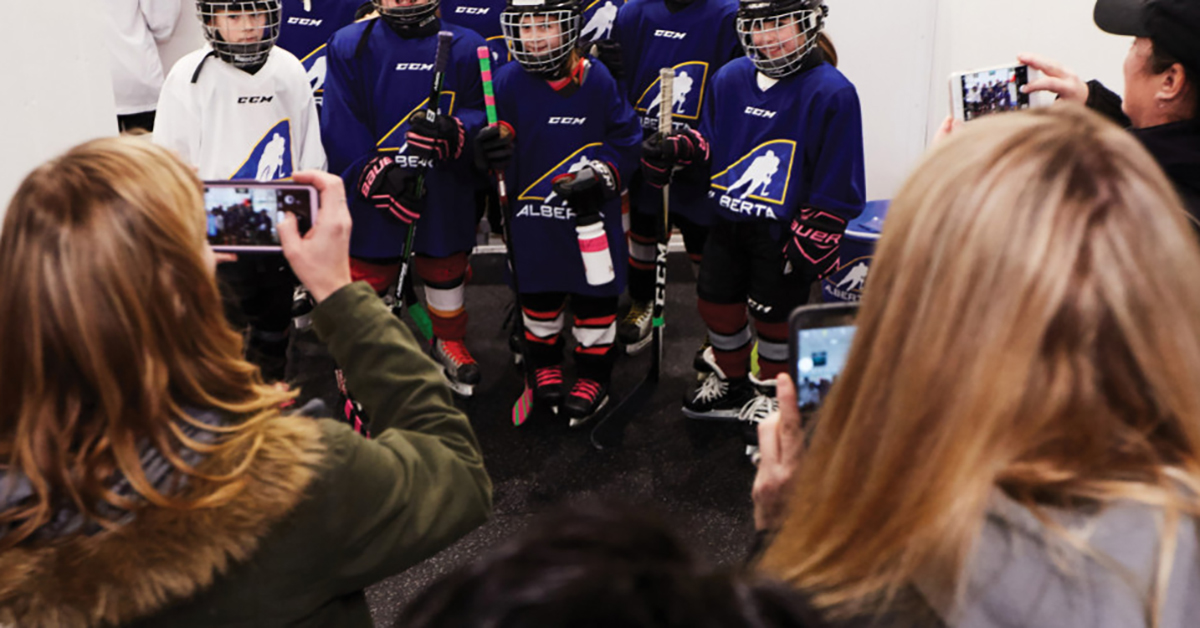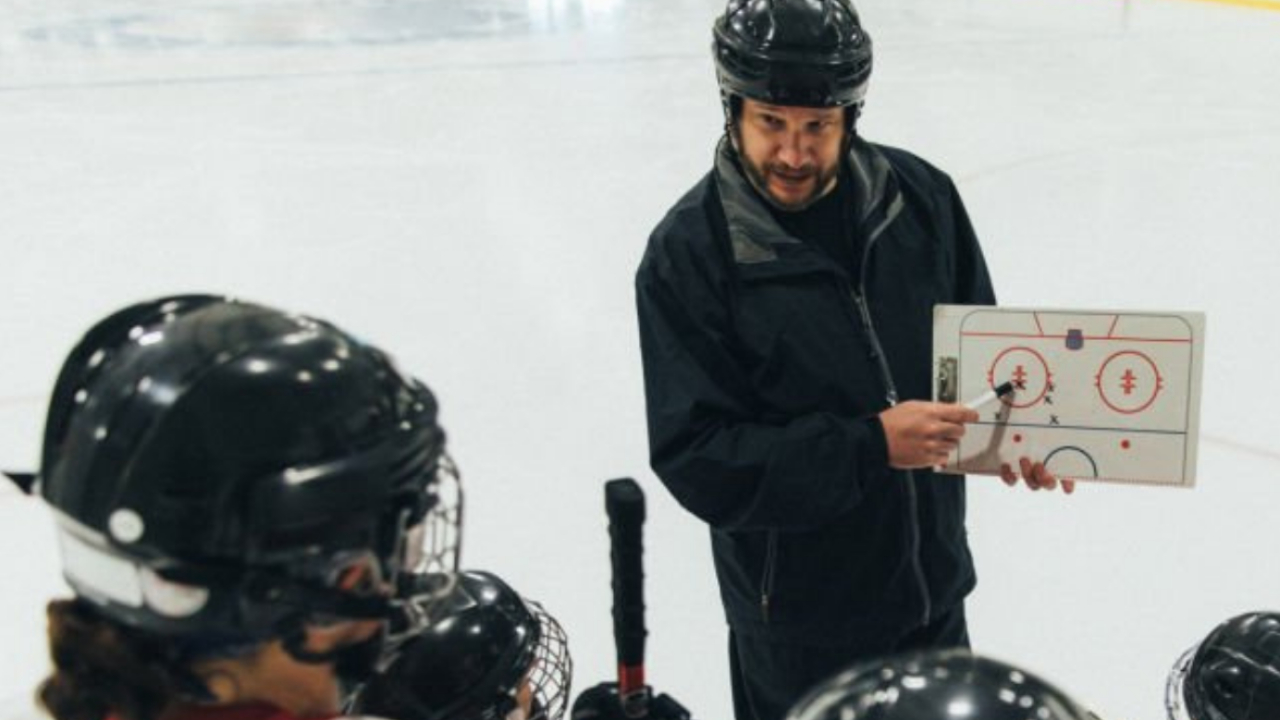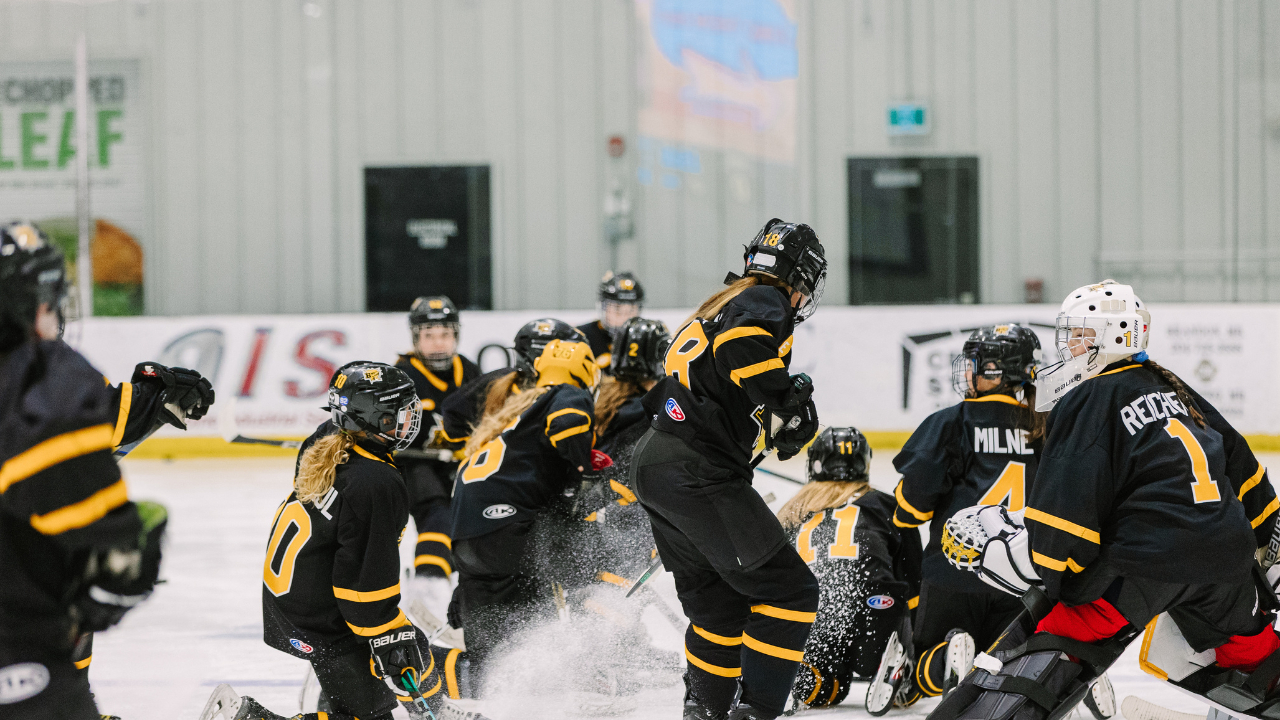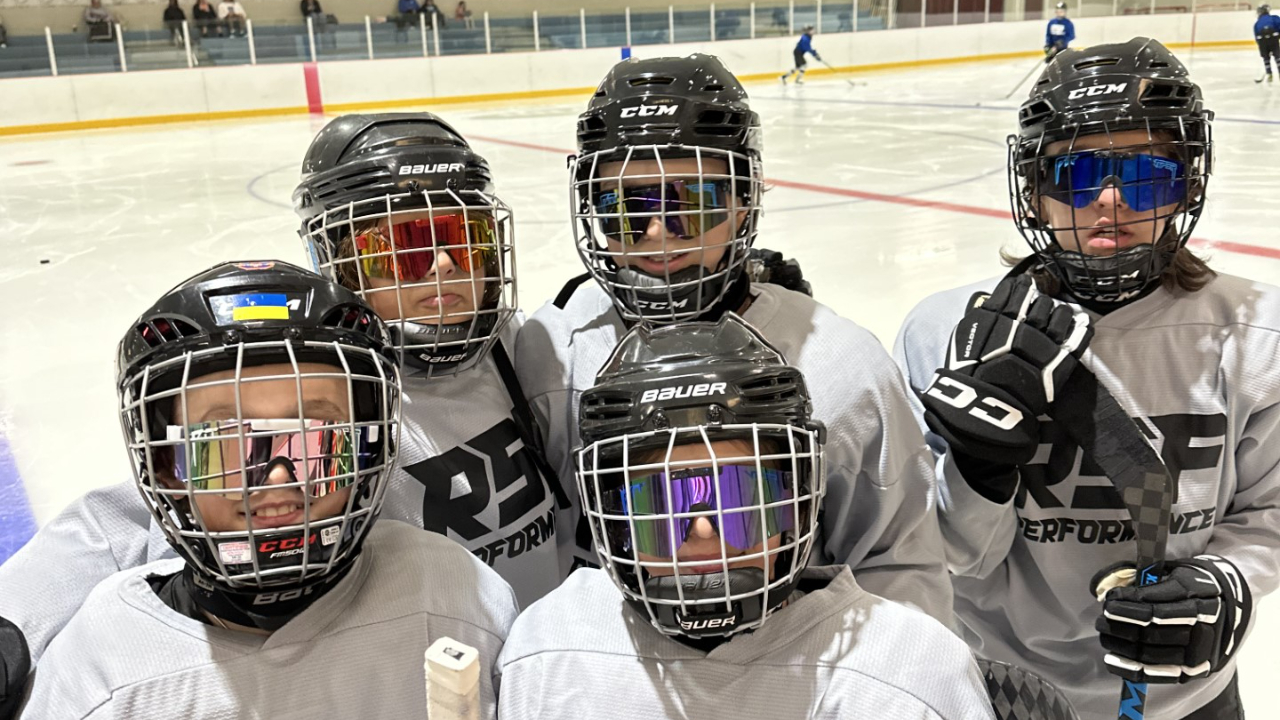
Navigating the balance between personal achievements and team success can be challenging. Just last weekend, one of our most skilled forwards was having trouble finding the back of the net. During the second intermission of a game we were leading 3-0, I noticed she was upset. I asked her to step outside the dressing room for a quick chat. She expressed frustration over not having scored in five games and began to blame her linemates. I was taken aback, especially since we were on a six-game winning streak and currently ahead by three goals in our game. I pointed out that she excelled in faceoffs, rushing the puck, generating offense, playing physically, and executing perfectly. How do we help our young players grasp that hockey is more than just scoring? How do we clarify and distinguish personal objectives from team success to prevent potential discord within the dressing room?
Parent Meeting & Team Dynamics
When working with pre-teen hockey players, the communication between coach and parents is HUGE. Suppose we aren't on the same page, it's like playing tug war with the players, creating stress, anxiety, and confusion. Including in your parent meetings at the beginning of the year, how you expect your team to play, and the intensity you are aiming for. Help keep the parents in the loop, as much as the players.
Effective teams thrive on open communication, trust, and mutual respect. These elements allow players to support one another through highs and lows, fostering a strong sense of unity. When team culture prioritizes these values, it builds resilience and encourages players to feel valued for their contributions, regardless of whether they score goals or not.
The Importance of Individual Contributions
Recognizing the importance of diverse contributions helps in building a well-rounded team. When players understand how their unique skills fit into the larger strategy, they are more likely to feel valued and motivated. This sense of appreciation and respect for every role helps foster a team culture where everyone feels integral to the collective success. Whether on offense or defense, each player's efforts are essential to the team’s achievements.
Articulating Team Objectives
Encouraging open conversations about personal and team goals can also bridge the gap between individual desires and collective aspirations. Regular team meetings or one-on-one discussions provide players with the opportunity to voice their concerns and align their personal objectives with the team’s mission. When players see how their roles contribute to the larger picture, they are more likely to embrace their positions with dedication and enthusiasm.
Recognizing Non-Scoring Contributions
Recognizing efforts that don’t always appear in the statistics is key to team success. Actions like winning faceoffs, making plays, good D zone, driving the net or blocking shots are invaluable to the team’s overall performance. Acknowledging these efforts can take many forms, from verbal recognition in team meetings to handing out “player of the game” honor for exemplary non-scoring contributions.



